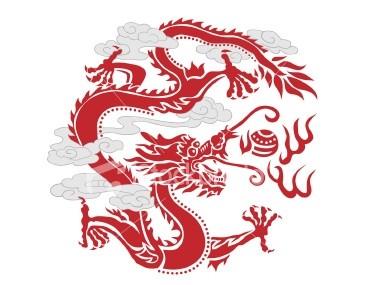Chinese burns, bans and booms: The new food business paradigm

It’s a history foreign companies ignore at their peril if they want to succeed in China
In his book, The End of Cheap China, Shaun Rein, founder of China Market Research (CMR), provides insights into the workings of the complex and sensitive Chinese marketplace.
Spanning the implications and challenges created by the rise of China, the book details key actions businesses need to take to survive and flourish.
But the book’s candid revelations have provoked Chinese authorities into banning it; a ban Rein said itself is representative of the complexities of working in China.
Barred
“I think the book was banned from sale in China because I cover some critical, important but very sensitive issues,” he said. Local corruption, food safety and the Cultural Revolution were just some subjects.
China doesn’t like to talk about certain issues, he said, particularly the revolution, and “the chapter within the book covering this is more than likely the cause of the ban.”
“The walls we are running into are indicative of how business is done here,” Rein said.
Permission for business cannot be granted by one local official, it has to pass through different levels of bureaucracy, he added, and process transparency can be compromised.
Murky opportunities
“The government is not one single entity, there are many voices and it is important to understand regional differences,” Rein said.
For example, he noted that in Beijing officials are very conservative due to the political positioning of the city but in Shanghai authorities are more open-minded. As a result, Shanghai is the favoured choice for most food and beverage companies.
The fast-growing market has attracted a lot of attention, he said, leaving, “a lot of companies nervous because they just ‘don’t get’ China.”
The contradictions throughout China’s regulatory system have not only confused business, they have also exhausted problems of improving the food chain, he said.
A booming mess
Last year, around 2,000 arrests were made along with 4,000 company closures, which included a shut down of 50% of China’s dairy businesses, amid the government crackdown on food safety, he noted.
It is plagued by quality control issues and food safety remains a very real fear for consumers, he observed, “that causes anger not just globally but also domestically.”
This is an issue the government recognises and it is attempting to improve the food supply system, however, “the problems are so enormous that they are not easily solved by regulation alone,” he said.
The private sector has a big part to play.
“Savvy domestic and foreign firms are investing heavily in quality control and creating emotional connections with consumers. The ones that are able to provide safe, trustworthy brands will be the ones that win,” he said.












